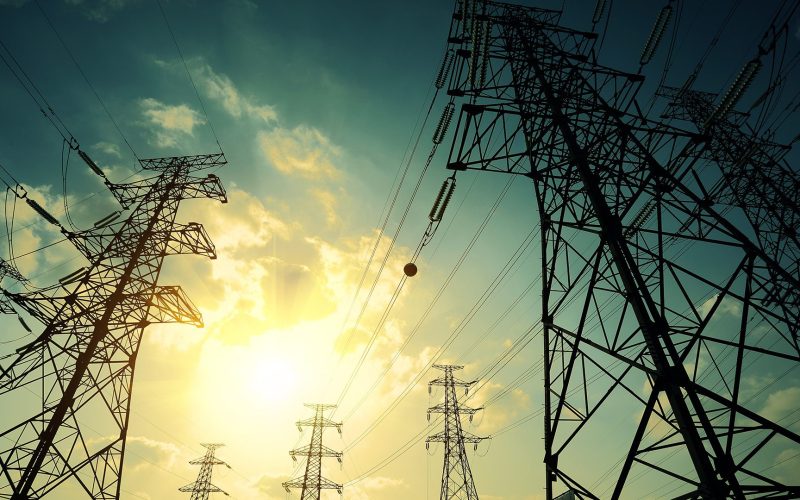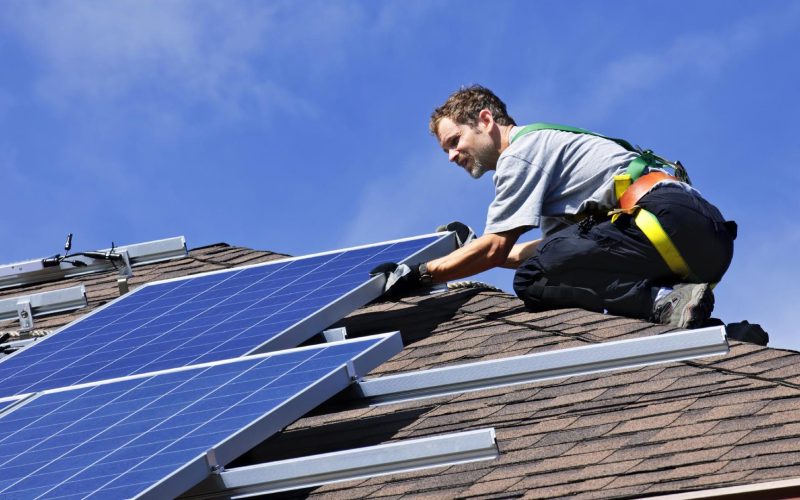THE VOICE FOR THE ENERGY CONSUMER

CEA’s David Holt spoke about the proposed Richmond fracking ban. When a community is considering rejecting local energy development, it’s important to consider how the shale gas revolution has profoundly.

When we think of uses for crude oil, gasoline is one of the most obvious. In 2015 alone, almost three-quarters of oil usage in the U.S. was used for transportation,.

As new pipelines are being constructed across the country, areas from the Dakotas to the Mid-Ohio Valley will continue to see more investment and new economic opportunities to supply American.

With multiple pipelines under construction or planned for Ohio, hundreds of new workers are required to turn these pipe dreams into a reality. Unions are holding job fairs across the.

CEA’s Kevin Doyle discusses the importance of offshore energy exploration to Florida’s continued economic growth. “A strong and growing constituency in Florida supports understanding how energy development could help lower.

Consumer Energy Alliance’s support of modernizing Missouri’s electrical grid for the benefit of all consumers was highlighted by the Missouri Times. These upgrades for Missouri families would include new electric.

It’s more than just oil being produced in Texas. Natural gas liquids (NGLs) are being produced in the Permian Basin which requires pipelines to transport the NGLs to processing plants.

As West Virginia begins to see more oil and natural gas production take place, additional pipelines will need to be constructed which will bring millions of dollars of new revenue.

CEA’s Midwest Executive Director, Chris Ventura, discussed the importance of supporting solar energy in Indiana to ensure it is broadly accessible and affordable for all Hoosiers. Fortunately, Indiana lawmakers have.

CEA’s Mike Butler discussed the consumer impact of the Mariner East pipeline. It’s fair to say that in today’s intense political climate, taking a stand to a vocal minority can.